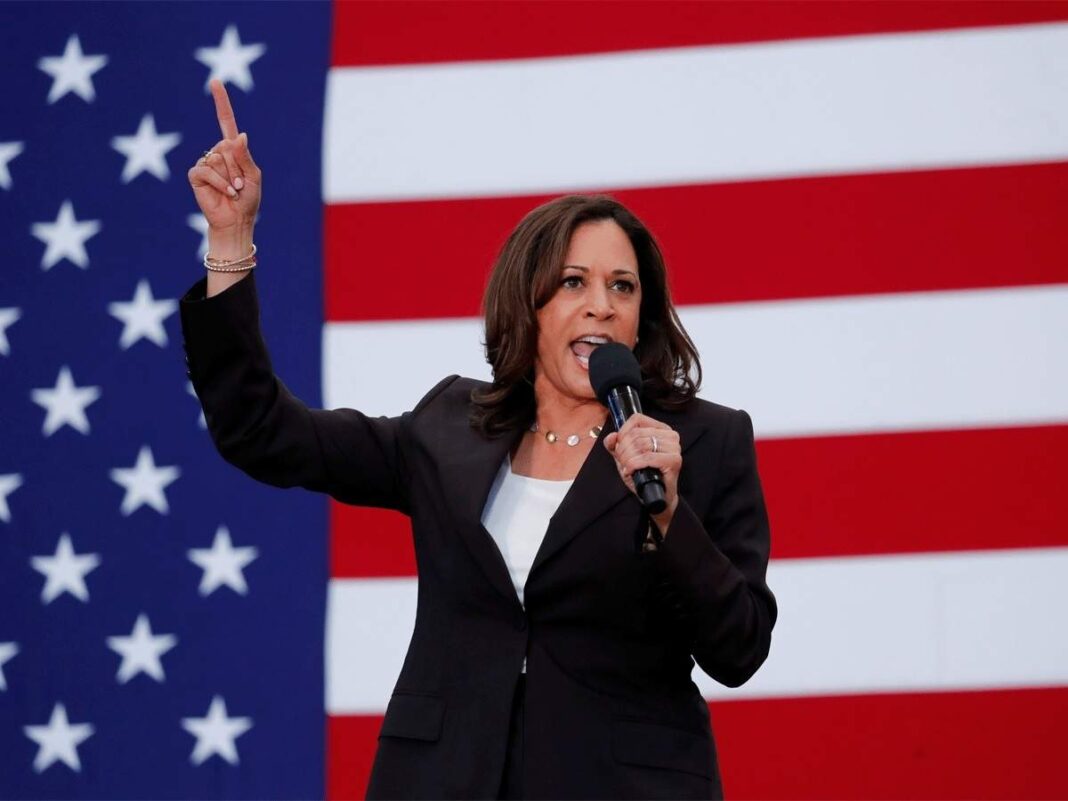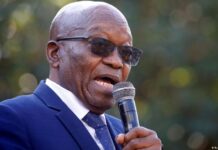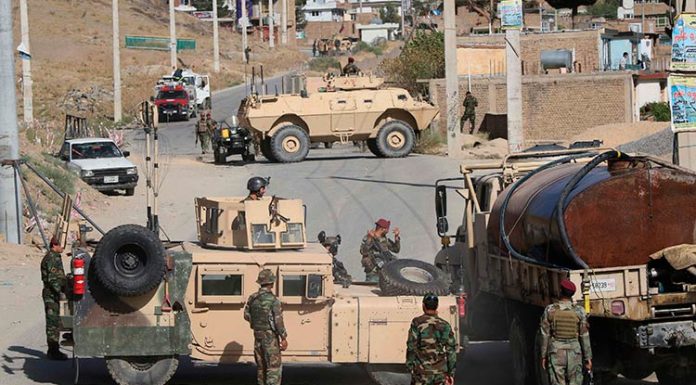Appearing with Biden for the first time after being named his running mate, Harris spoke of her mixed heritage. She dwelt most expansively and feelingly, however, on her mother, for inspiring her to a life in public service, which would land her a place in history books, as the first Black woman on a presidential ticket.
Kamala Harris is partly of Indian descent, not wholly. But most of us in India would do well to remember that she is running for an election in the United States (US), not in India.
This is a crucial difference to keep in mind when commentaries will begin to be written that she is not owning her Indian-ness enough. I know, because I wrote once that Harris needed to embrace her Indian heritage more. I still stand by that. But I am not the one running for vice-president.
Harris will run as a Black woman. That’s the key reason why the presumptive Democratic presidential nominee, Joe Biden, picked her, apart from her other obviously stellar qualifications such as being a US senator, former attorney-general of the largest American state, relatively younger age — 55 to Biden’s 77 — and, for a vice-presidential nominee, an ability to throw a punch. “I think he came to the conclusion that he should pick a Black woman,” Harry Reid, a former top US Senate Democrat, told the New York Times. “They are our most loyal voters and I think that the Black women of America deserved a Black vice-presidential candidate.” It’s an electoral compulsion, plainly. And Indians — and Indian Americans, specifically — should set aside for now their expectations of seeing Harris be more Indian.
It will not be easy because as electioneering gets underway, Harris will be all Black. The Biden campaign will deploy her as their chief conduit to African American voters, the country’s second-largest voting bloc. They will be critical in the key swing states of Florida, Arizona, Pennsylvania, Ohio, Wisconsin, Michigan, Virginia and vulnerable Republican-ruled states.
Through all that, Harris will find the time and opportunity to signal her Indian-ness, insist people who have known her for years. And that will invariably be a reference to her mother, Shyamala Gopalan, a breast cancer researcher, who passed away in 2009.
Harris often tweets pictures of her mother to mark special occasions and milestones in her life. Never her father, Donald Jasper Harris, a Stanford professor.
Appearing with Biden for the first time after being named his running mate, Harris spoke of her mixed heritage. She dwelt most expansively and feelingly, however, on her mother, for inspiring her to a life in public service, which would land her a place in history books, as the first Black woman on a presidential ticket.
On November 3, or whenever the results are declared in what is likely to be the most unpredictable election yet, she might become the first woman vice-president, of whichever party, colour or ethnic origin.
Gopalan, a diminutive woman from Chennai, who studied at Lady Irwin College in Delhi before heading out to the US, will remain Harris’s abiding link to India, though Harris still can’t make a dosa, as she confessed to Mindy Kaling in a video they shot months before. But she deserves a break, from some of us.













![Hotstar Premium Cookies 2019 [*100% Working & Daily Updated*] Hotstar Premium Cookies 2019 [*100% Working & Daily Updated*]](https://tahav.com/wp-content/uploads/2019/11/Hotstar-Premium-Cookies-Free-100x70.jpg)



